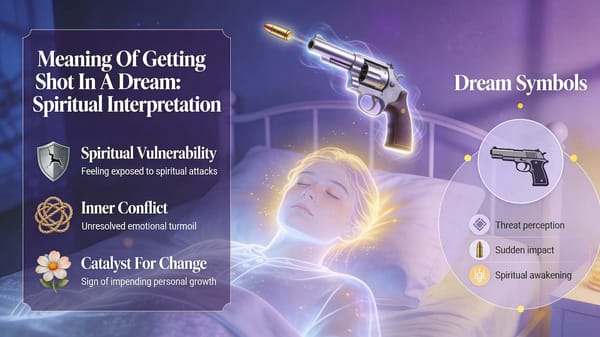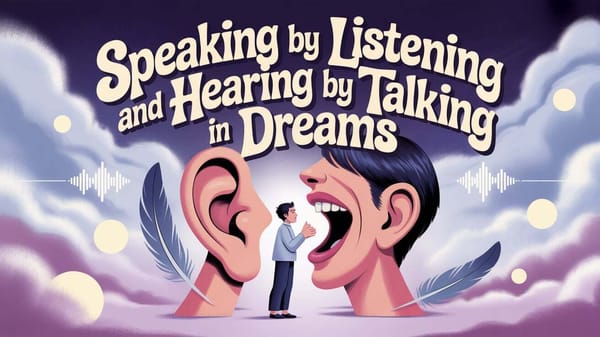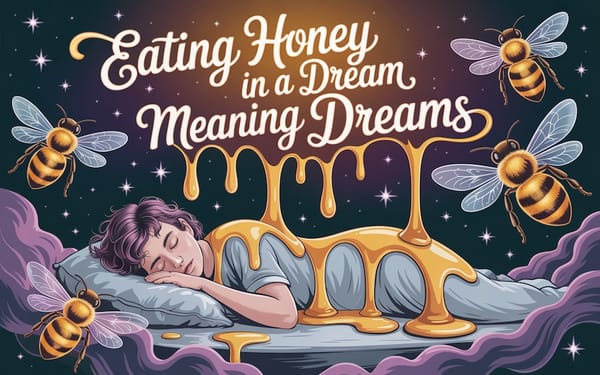Precognitive Dreams: Understanding & Unveiling the Future

Throughout the tapestry of human history, dreams have woven themselves into our myths, cultures, and personal narratives, offering glimpses into otherworldly realms and the deepest recesses of the mind. Among these enigmatic experiences, precognitive dreams, where foresight of future events is granted to the dreamer, stand as both a captivating mystery and a source of unease. These dreams travel across the boundary of known time, whispering secrets that challenge our understanding of reality. From ancient civilizations believing in prophetic dreams as divine messages to modern discussions imbued with both skepticism and intrigue, the allure of precognitive dreams endures. But what do these dreams truly mean? Let us explore the symbolic, psychological, and scientific interpretations of this fascinating phenomenon.
The Symbolic and Spiritual Significance of Having Precognitive Dreams
Precognitive dreams often resonate with themes of mystery, intuition, and forewarning, calling upon the dreamer to ponder the deeper layers of existence. In spiritual parlance, such dreams are seen as gifts from the divine, urging one to heed the subtle currents of the universe. These dreams may symbolize an awakening of intuitive faculties, suggesting that the dreamer possesses a heightened sensitivity to the unseen connections weaving through the fabric of life.
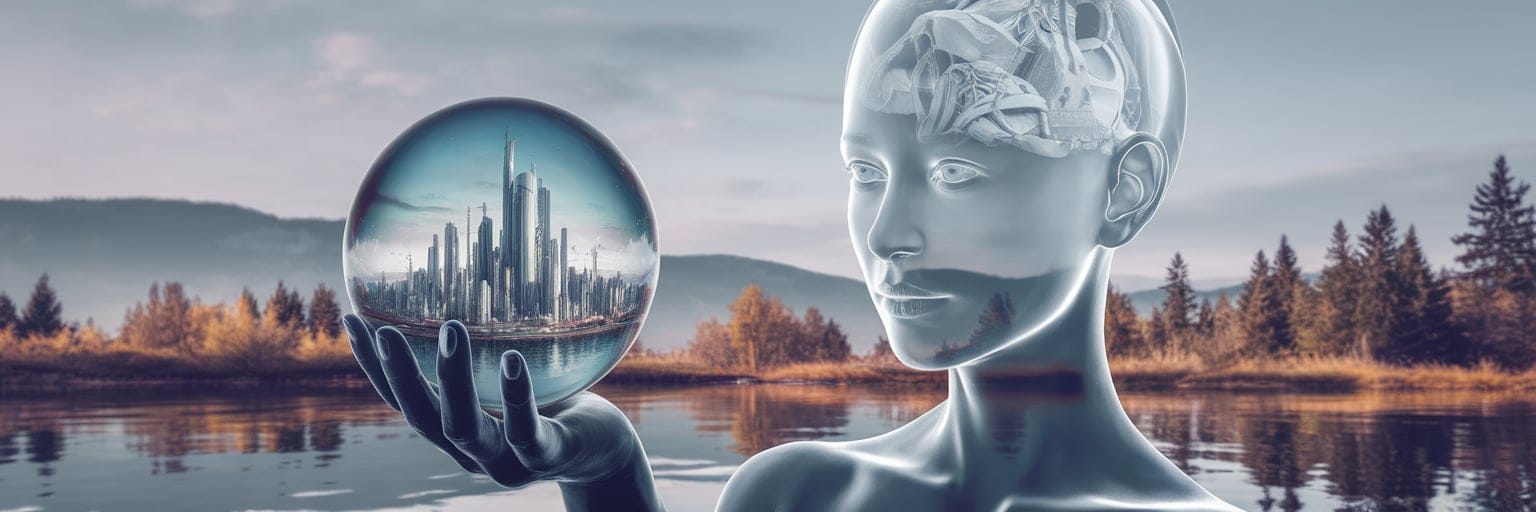
In various cultural lore, these dreams serve as omens—harbingers of change or guides steering the dreamer towards or away from certain paths. They might suggest that the dreamer is at a spiritual crossroad, requiring an alignment of life choices with their a deeper internal guidance. Such dreams urge us to embrace our sense of mystery and independence, challenging the dreamer to trust in the whispers of their own soul.
What Do Different Precognitive Dream Scenarios Mean?
Dream scenarios involving precognition abound with variability, each offering unique insights or forewarnings:
- Minor Predictions: Dreaming about trivial or mundane future events, such as a conversation or a scene from daily life, might indicate that the dreamer is honing their intuitive abilities. Such recurring experiences could suggest mundane areas in life where attention to detail may be valuable.
- Dramatic Predictions: Dreams that foresee significant events—such as a job change, relationship development, or even natural disasters—often carry a weightier symbolic significance. They may call upon the dreamer to prepare for profound changes, suggesting that their subconscious is identifying shifts on the horizon.
- Contradictory Outcomes: Occasionally, precognitive dreams might predict an event unfolding differently than anticipated. Here, the dream might reflect internal conflicts or desires that the dreamer is resisting, signaling the need for introspection regarding the true wants or fears harbored within.
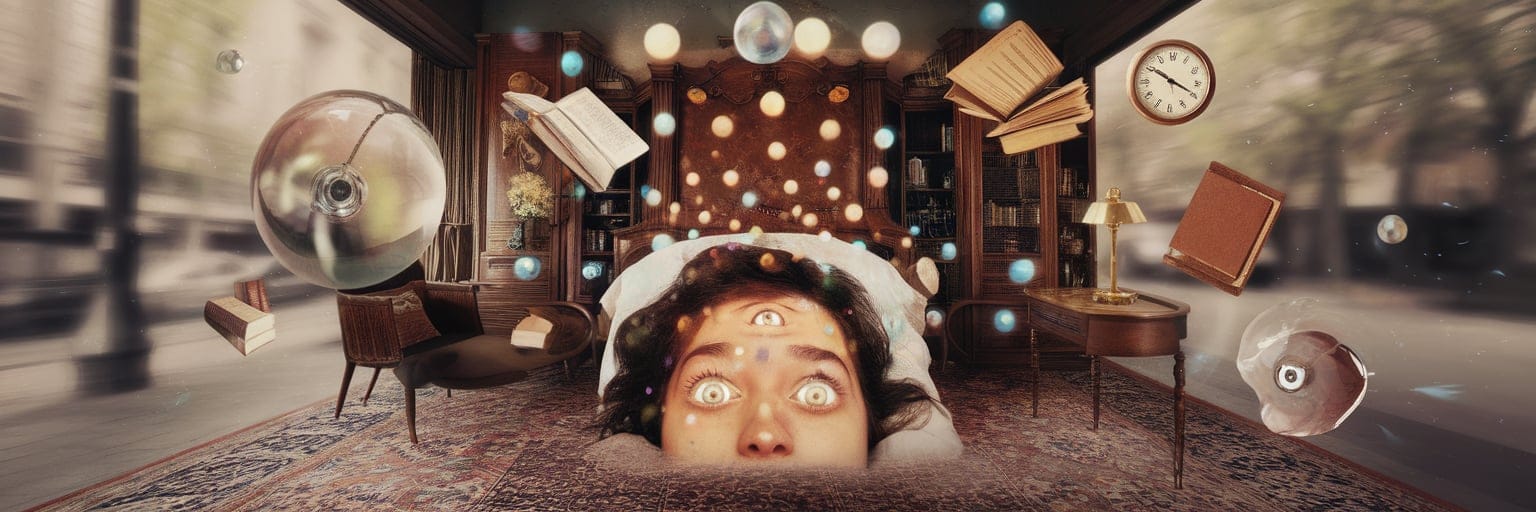
Psychological Interpretations of Having Precognitive Dreams
Freudian Perspective
In Freudian analysis, precognitive dreams could be considered expressions of repressed desires and unconscious fears. These dreams might serve as wish fulfillments wherein the dreamer projects their suppressed emotions into a narrative of the future, a landscape where they can confront what remains hidden from waking consciousness.
Jungian Perspective
From a Jungian view, these dreams embody archetypal symbols and are often linked to the collective unconscious — a reservoir of shared instincts and experiences across humanity. Jungians might suggest the dreamer is tapping into a universal wisdom, enabling insights that surface as predictive symbols imbued with personal significance.
Reiki and Energy Healing Perspectives
In energy healing paradigms like Reiki, precognitive dreams are perceived as manifestations of shifts in energetic patterns. The dream may signal imbalances or blockages in the dreamer's life force energy, prompting healing or attunement to spiritual energies that transcend physical confines.
Common Causes and Factors Behind Having Precognitive Dreams
Several factors might trigger the occurrence of precognitive dreams:
- Stress and Anxiety: High levels of stress can heighten psychological sensitivity, leading to anxiety-driven scenarios that project future occurrences.
- Life Transitions: Major transitions or decisions might stimulate in-depth subconscious processing, uncovering potential future outcomes as dream narratives.
- Emotional Residuals: Feelings of unresolved conflict or underlying fears might project themselves into future visions during sleep, offering a means to resolve inner turmoil.

Scientific Explanations for Having Precognitive Dreams
Though traditional science remains skeptical of precognition, some explanations touch on the underlying processes:
- Cognitive Biases: Humans often experience cognitive biases, such as confirmation bias, where perceived prediction accuracy is selectively remembered and non-matching elements ignored.
- Synaptic Plasticity and Memory Reorganization: Sleep is crucial for memory reorganization. Sometimes dreams might stitch together present impressions with past memories, inadvertently creating predictive narratives.
- Neurological Phenomena: Variations in neural activity during REM sleep might simulate scenarios that align coincidentally with future occurrences, blurring the lines between prediction and imagination.
Coping Strategies for Having Precognitive Dreams
Handling the psychological impact of precognitive dreams requires understanding and thoughtful practice:
- Mindful Journaling: Maintaining a dream journal can provide insights over time and unravel patterns for deeper interpretation.
- Seeking Counseling: Engaging with professional therapists may help navigate the emotional territory stirred by these dreams, offering clarity and understanding.
- Promoting Restful Sleep: Sleep quality directly affects dream patterns. Reducing anxiety through meditation, exercise, and healthy routines can minimize distressing dreams.
Summary & Final Thoughts
Dreams—those ephemeral voyages of the night—hold potent truths waiting to be unveiled. Precognitive dreams in particular serve as keys to unlock hidden rooms of insight within ourselves. Whether they are foretelling glimpses or subconscious reflections, the power of such dreams lies in their ability to provoke introspection. By examining these experiences closely, dreamers may uncover meaningful truths of both the present and future, casting light on the ever-enigmatic interplay between sleeping visions and waking life.
Reflect on your dreams and consider the flights of fancy they offer. Their significance may not solely rest in forecasting fate, but in guiding one’s journey through life's manifold pathways.
FAQ: Exploring the Phenomenon of Precognitive Dreams
What are precognitive dreams?
Precognitive dreams are dreams that appear to predict future events. They can involve ordinary daily occurrences or significant life changes, but it's important to note that not all dreams about future scenarios are precognitive in nature.
What is the symbolic significance of precognitive dreams?
Symbolically, precognitive dreams may represent divine guidance or warn of future events. They can also symbolize the interconnectedness of experiences, time, and our consciousness.
How do different precognitive dream scenarios vary in meaning?
Depending on the scenario, precognitive dreams can hold varying meanings. They can range from urging us to trust our intuition to reflecting our fears or desires about possible future events.
What is the Freudian interpretation of precognitive dreams?
Freud might view these dreams as a psychological projection of repressed emotions or latent desires that take the form of future occurrences. For Freud, these dreams could represent wish fulfillment.
How does Jungian analysis view precognitive dreams?
Under Jungian analysis, precognitive dreams might be seen as part of the collective unconscious, providing symbols that carry personal or universal significance.
How are precognitive dreams explained in energy healing?
From an energy healing perspective, such as Reiki, precognitive dreams can be seen as indicators of shifts in energetic patterns and frequencies. These dreams might prompt healing or attunement to spiritual energies.
What common factors can trigger precognitive dreams?
High levels of stress, major life transitions, and unresolved emotional issues can often contribute to experiencing precognitive dreams.
Are there scientific explanations for precognitive dreams?
Scientifically, theories suggest cognitive biases, memory distortions during sleep, or increased neural activity during REM sleep might contribute to precognitive dreams. That said, precognition is not widely accepted in scientific circles due to a lack of empirical evidence.
What coping strategies exist for dealing with precognitive dreams?
Coping strategies can include maintaining a dream journal to track patterns and themes, seeking professional counseling if the dreams cause distress, and promoting restful sleep through healthy habits and relaxation techniques.
Are precognitive dreams always accurate?
Not necessarily. Precognitive dreams can often be a reflection of the dreamer's subconscious thoughts, anxieties, or desires rather than actual glimpses of future events.
What is the general public perception of precognitive dreams?
Public perception varies, with some viewing precognitive dreams as spiritual or prophetic phenomena, while others dismiss them as coincidences or the result of cognitive biases.
How can journaling help with understanding precognitive dreams?
Journaling about dreams can help identify patterns and recurring themes, providing a deeper understanding of personal subconscious processes and potential precognitive instances.
Do precognitive dreams always predict major events?
Precognitive dreams can potentially cover a broad spectrum of themes, ranging from mundane daily events to significant life alterations. However, it's important to approach such dreams with skepticism and discernment.
Can therapy assist in interpreting precognitive dreams?
Yes, therapists, especially those experienced in dream analysis or Jungian psychology, can provide valuable insights and emotional support in interpreting and managing precognitive dreams.
Why is it important to understand the psychological impact of precognitive dreams?
Understanding the psychological impact of precognitive dreams can aid in managing emotional responses to these dreams, allowing for healthier integration of their insights into daily life and potentially contributing to personal growth.

